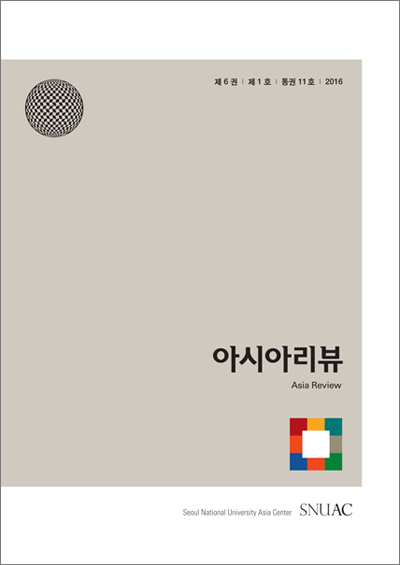The Korean state, for a considerable amount of time, has been regarded as a strong developmental state which led the private sector in changing industrial structure, initiated new industrial growth area, and effectively deepened the existing industrial structure. However, the Korean state today has been transformed to a less competent post-developmental type of the state, what we would call a Sisyphean state, which has been repeatedly making and pursuing inappropriate policies in general and particularly in the ICT industry.
How can we understand the institutional change in the ‘able’ developmental state of Korea to the ‘less capable’ post-developmental types of the state in a relatively short period of time? We try to answer this question by utilizing concepts from the historical institutional perspective. From this perspective, the Sisyphean behavior of the current Korean state in ICT industry can be interpreted as a syndrome of the post-developmental state.
On the other hand, we assume that the emergence, working, and decline of the developmental state as well as its institutional retrogress did not occur in cultural vacuum. We are interested in identifying to which extent and in what specific ways the culture matter in these dynamic processes of institutional building and change. We would argue that the fundamental premise of making and unmaking of the Korean developmental state and its transformation to the types of post-developmental state have been embedded in the Korean hybrid culture. It urges that any attempt to revive the Korean state from the Sisyphean to a viable one should be speculated from the perspective of institutional change in the hybrid cultural setting in Korea.

